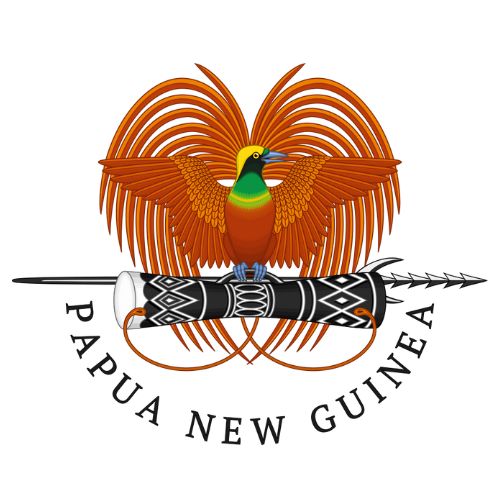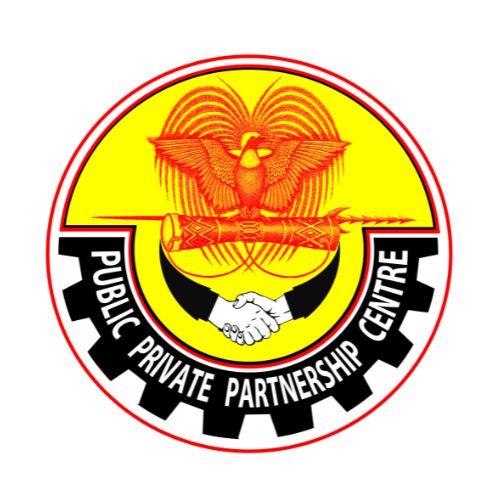WELCOME TO the PPP CEntre
Public Private Partnership Center in Papua New Guinea
Public-Private Partnerships Center (PPP) in Papua New Guinea play a crucial role in addressing infrastructure challenges and improving public service delivery. These partnering arrangements leverage the strengths of both the public and private sectors to finance, develop, manage and deliver essential infrastructure projects. In PNG, PPPs are used across various sectors such as transport, energy, water, health, and education to enhance efficiency, innovation, delivery and sustainability.
The government entities will collaborate with private sector entities to leverage their expertise, technology, and investment capital, aiming to overcome funding constraints, sharing risks and accelerate project implementation and delivery. By fostering these partnership arrangements under the regulatory framework provided by the PPP Act and the PPP Regulations, PNG aims to stimulate economic growth, create job opportunities, and enhance the quality of life for its citizens through the delivery of improved infrastructure and services.
Functions of the PPP Centre
The PPP Centre is established by the Public Private Partnership Act, 2014 (as amended) in Section 14 and is a statutory body and under the current Ministerial Determinations, the Act is vested in the Minister for Finance.
Section 15 of the PPP Act outlines the functions of the PPPC, which include encouraging Relevant Public Bodies (RPBs) – such as Local Level Governments, District Development Authorities, Provincial Governments, Government Departments, and State-Owned Enterprises (SOEs) – to consider PPP arrangements for procuring infrastructure. The PPP Centre is also responsible for advising and assisting RPBs with PPP arrangements, acting as the secretariat for the PSG (PPP Steering Group), reviewing and evaluating project proposals, and advising the PSG on whether PPP is the most suitable approach for implementing a project. Additionally, the PPP Centre supports the PSG in reviewing PPP policies and programs, addressing issues and reforms, and exploring mechanisms for financing investments in PPP arrangements.
In addition, the PPP Centre is tasked to coordinate the implementation of the PPP policy, programme and projects by the National Government, Provincial Government and Local Level Government, build capacity and knowledge sharing in Relevant Public Bodies (RPB’s) and the private sector in PPP arrangements. The PPP Centre maintains a central repository for all documentation, records, and agreements related to PPP arrangements. It provides a comprehensive financial report to the Minister on a quarterly basis and advises the PSG on the issuance of a Certificate of Compliance in accordance with Section 6. The Centre also issues procedures, guidelines, and instructions related to PPP arrangements and performs any functions concerning PPP arrangements, infrastructure procurement, or development as requested in writing by the Minister, or as related to its functions outlined in this section.
The powers of the PPP Centre, as outlined in Section 16, allow it to require an RPB or partner to provide, through written notice, all information, records, materials, and accounts related to PPP arrangements. With prior approval from the Minister, the Centre may issue directions to an RPB to ensure compliance. It also has the authority to engage consultants and advisors, charge fees to any parties, including RPBs or partners, to cover costs incurred by the PPP Centre in the assessment, procurement, monitoring, evaluation, and other activities related to a PPP arrangement, provided that these fees do not constitute taxation.
Additionally, the PPP Centre can manage funds related to PPP arrangements on behalf of the State and undertake any necessary or convenient actions to fulfil its functions, exercising due care, skill, prudence, integrity, and diligence, and acting in good faith.

